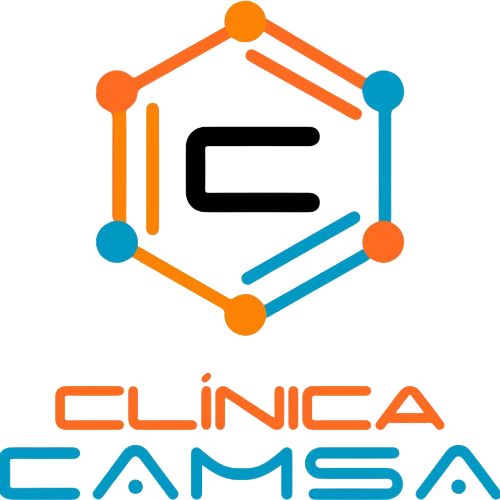Exosome therapy is a cutting-edge medical approach that holds immense promise in the field of regenerative medicine. Derived from tiny extracellular vesicles, exosomes are responsible for cell-to-cell communication and play a crucial role in various physiological processes. These nanosized particles are packed with bioactive molecules such as proteins, nucleic acids, and lipids, making them an attractive tool for therapeutic interventions. Exosome therapy harnesses the therapeutic potential of these tiny vesicles to promote tissue repair, modulate immune responses, and potentially treat a wide range of diseases. With ongoing research and advancements in exosome isolation techniques, this innovative therapy has the potential to revolutionize the future of healthcare by offering targeted and personalized treatments.
Exploring the Revolutionary Potential of Exosome Therapy
Exosome therapy is a cutting-edge medical approach that holds immense promise in the field of regenerative medicine. Derived from tiny extracellular vesicles, exosomes are responsible for cell-to-cell communication and play a crucial role in various physiological processes. These nanosized particles are packed with bioactive molecules such as proteins, nucleic acids, and lipids, making them an attractive tool for therapeutic interventions.
One of the key advantages of exosome therapy is its ability to deliver therapeutic cargo directly to target cells. By encapsulating specific molecules within exosomes, researchers can engineer these vesicles to carry therapeutic agents such as growth factors, microRNAs, or even drugs. This targeted delivery system allows for precise and efficient treatment, minimizing potential side effects and enhancing therapeutic efficacy. Moreover, exosomes have shown great potential in promoting tissue repair and regeneration.
Studies have demonstrated that exosomes derived from stem cells possess regenerative properties and can stimulate the healing process in various tissues, including the heart, liver, and nervous system. These regenerative effects are attributed to the bioactive molecules present within exosomes, which can modulate cellular processes such as inflammation, angiogenesis, and tissue remodeling. In addition to their regenerative properties, exosomes also play a crucial role in modulating immune responses. These tiny vesicles can act as messengers between immune cells, influencing their behavior and regulating immune functions.
By manipulating the content of exosomes or engineering them to target specific immune cells, researchers hope to develop novel immunotherapies for conditions such as autoimmune diseases or cancer. While exosome therapy is still in its early stages of development, it has already shown promising results in preclinical and early clinical trials. Researchers are actively exploring different sources of exosomes, including mesenchymal stem cells, dendritic cells, and even plants, to optimize their therapeutic potential.
Furthermore, advancements in exosome isolation techniques and manufacturing processes are paving the way for large-scale production and clinical translation of exosome-based therapies. In conclusion, exosome therapy represents a revolutionary approach in the field of regenerative medicine. With their ability to deliver therapeutic cargo, directly to target cells. By encapsulating specific molecules within exosomes, researchers can engineer these vesicles to carry therapeutic agents such as growth factors, microRNAs, or even drugs. This targeted delivery system allows for precise and efficient treatment, minimizing potential side effects and enhancing therapeutic efficacy.
Moreover, exosomes have shown great potential in promoting tissue repair and regeneration. Studies have demonstrated that exosomes derived from stem cells possess regenerative properties and can stimulate the healing process in various tissues, including the heart, liver, and nervous system. These regenerative effects are attributed to the bioactive molecules present within exosomes, which can modulate cellular processes such as inflammation, angiogenesis, and tissue remodeling.
In addition to their regenerative properties, exosomes also play a crucial role in modulating immune responses. These tiny vesicles can act as messengers between immune cells, influencing their behavior and regulating immune functions. By manipulating the content of exosomes or engineering them to target specific immune cells, researchers hope to develop novel immunotherapies for conditions such as autoimmune diseases or cancer.
While exosome therapy is still in its early stages of development, it has already shown promising results in preclinical and early clinical trials. Researchers are actively exploring different sources of exosomes, including mesenchymal stem cells, dendritic cells, and even plants, to optimize their therapeutic potential. Furthermore, advancements in exosome isolation techniques and manufacturing processes are paving the way for large-scale production and clinical translation of exosome-based therapies.











